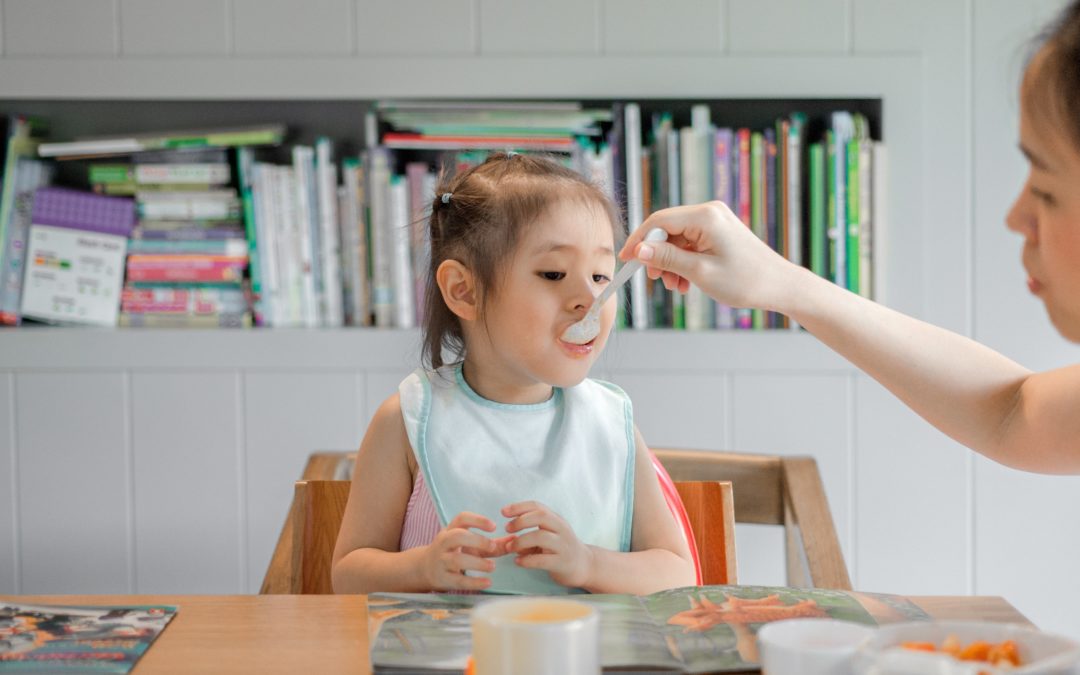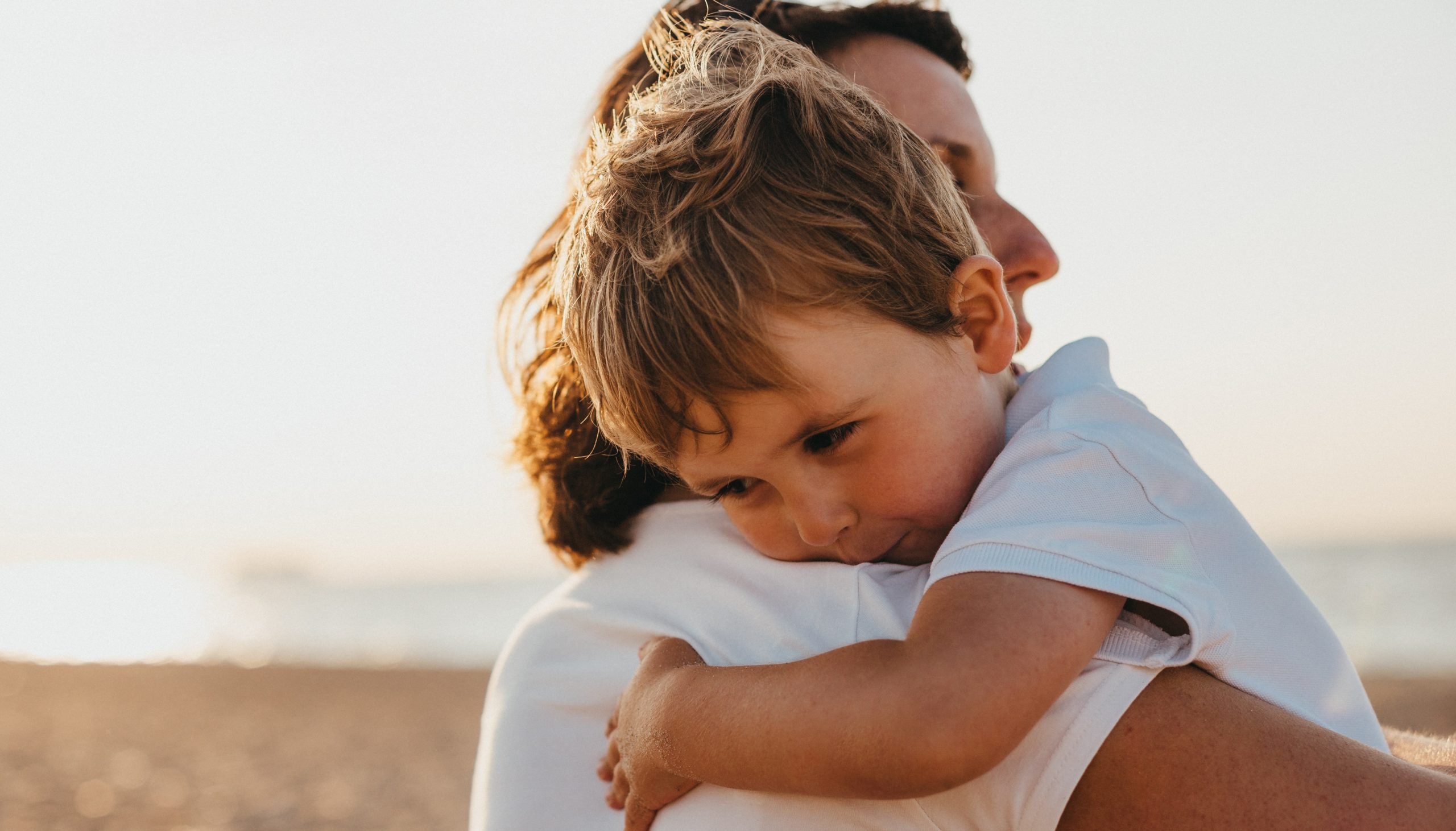
by rossanahead | Mar 28, 2011 | children, Education, parenting, woman
By Bubbles Salvador
The terrible twos can be, well, terrible. This I know because my son, only almost two, is worlds away from that cute little baby who always did as Mommy or Daddy said.
It’s not that he’s out of control – he’s just too much to handle sometimes.
Luis behaves very well in church, and is able to sit through the entire mass. At night, we say our prayers together, which he ends with a sweet “Good night, God!” He even surprises me with an affectionate hug every now and then.
But there are also times when the terrible twos hits like the plague. When he refuses to share a toy or greet an elder (we insist on the age-old tradition of pagmamano), it could result into a riot: Mommy is screaming, Daddy is demanding obedience, Luis starts whining.
“It’s a phase,” my Mama said. Should I believe her? She instilled enough fear in me and my siblings to make sure that none of us even thought of misbehaving like that. What did she know about terrible twos?
“Just keep telling him that what he’s doing is wrong. It’ll take a while but he’ll get it. Luis is smart,” she told me.
Maybe Mama’s right after all. “Smart” may be the key word. At times, even before we send him to the corner for a timeout, Luis would go there himself and say, “Stay…corner. Mommy’s mad.”
It is exactly this smartness that we are counting on so we can finally get past this stage. He can recite the rules anytime: “No hitting. No throwing toys. Good boy lang.” I think we’re getting there.
I guess part of being a parent is hitting these highs and lows; we just try to make the most out of the highs. Just as we need to encourage our kids’ positive behaviour, we also need to give ourselves a pat on the back for trying (and just keep our fingers crossed that things turn out OK!).
Photo by MI PHAM on Unsplash

by rossanahead | Mar 27, 2011 | Jing Lejano, parenting, woman
By Jing Lejano
The other week, I had dinner at my friend Janice’s house. I’ve known Janice and her husband Gary for years. And I’ve always looked up at them as an ideal couple. They not only love each other to bits, they also work very well together.
Janice and I were at the living area talking when Gary said an inviting “Kain na.” When nobody seemed to pay him any attention, he barked a more commanding “Kain na!” And, as if on reflex, I stood up straight and realized that there was a man in the house. It was kind of disconcerting.
I’ve been a single parent for years and years now. There is no man in my house. I’m the boss of the house. I spend time with my kids and take care of them when they get sick. I pay the bills and run the household. If something needs to be done–paint the walls, change the light bulb, tile the bathroom floor, whatever–I do it. If I can’t do it, I pay someone else to do it for me.
I admit that it’s not the most ideal of situations but I make the best of it because I have to. I just have to.
Sometimes, I feel guilty about the whole thing. When they were younger, I noticed how my boys got so easily attached to my sisters’ boyfriends. I knew they were just hungry for a father figure, and unfortunately, that’s something I couldn’t order online.
But when I see my boys today, taking care of their niece Sophie, going out with their barkada, laughing at reruns of How I Met Your Mother, washing the dishes no matter how reluctantly, and occasionally, fighting over the computer, I tell myself, “We’re doing fine.”
Photo by Aswin on Unsplash

by rossanahead | Mar 25, 2011 | Gina Abuyuan, parenting, woman
By Gina Abuyuan
A friend and I got into a pretty huge argument a couple of years ago when she kept on insisting that I was a solo parent, while I felt the total opposite. Well, technically, I was—I was recently annulled and living alone–but the support group I had from family, my partner (who at that time was working abroad), loyal househelp, and friends made me more equipped at parenting from all fronts than most moms who were married.
Perhaps what irked me most was how she categorized or described kids of solo parents. They had issues, she said. Special issues that needed special attention. And that I, being a solo parent, would not be able to best handle such issues.
Not to say I’m turning a blind eye towards situations that may indeed need intervention, or that I’m in total denial about issues kids raised by one parent may have (believe me, I’ve seen and heard quite a few), but the scenario isn’t as bleak as she wanted to paint it to be.
In fact, kids of solo parents can be intrapersonally healthier than kids of partnered parents. Of course it depends on the environment in which the child is brought up. It goes without saying that if a child is brought up with respect, attention, and a fair amount of discipline, he or she will turn out ok.
Here are other things single parents may be doing that help in producing more well-grounded kids:
* Single parents have a more solid view of reality. It may sting at first, but there comes a point when every solo parent realizes that they’ve “missed the bus” in the fairy tale life department. Therefore, solo moms and dads are more conscious of bringing up their kids with a more balanced and sober view of disappointment and unmet expectations. Whether one turns bitter and cynical, or hopeful—but not naïve and psycho—is up to him or her. What every single parent should watch out for though is the syndrome called “parent-child,” wherein the child takes the role of the parent. The child may feel he or she should take upon the role of an adult, or even take care of mom or dad.
* Without meaning to, single parents teach their kids to be more understanding and responsible. Those family weekend trips to the mall, the church, the on-the-dot family dinners? Sure, a two-parent unit can fulfill those easily most of the time, but when taken up by a solo parent, schedules tend to get moved around. There’s work to be done, errands to be run, tasks that have to be completed that would be much easier if mom/dad had a partner. Kids of solo parents learn to deal with unexpected glitches early in life, and therefore become more understanding. If you’re lucky, your kids will also take it upon themselves to bring to the table—whether it be a particular behavior, or duty—something uniquely his or hers, in order to make the family function better.
* Kids of single parents communicate more and better. Again, provided he or she has no deep emotional or mental issues, single parents seem to make more efforts in communication and keeping connected with their kids. Heck, who else do they have to talk to anyway? Likewise, who else can you turn to to learn about what they’re going through? You don’t have a spouse, and a yaya isn’t exactly the best source of information. I may be wrong, but observation has shown me that kids of solo parents are more bonded with their mom/dad on deeper levels.
And, oh, in case you’re wondering, my friend doesn’t have kids. Neither is she married.
Photo by Randy Rooibaatjie on Unsplash

by rossanahead | Mar 22, 2011 | parenting, Ruth M. Floresca, woman
By Ruth Manimtim-Floresca
For years, I always get asked how I cope with the all the responsibilities that come with having four kids. I usually tell them I take valid shortcuts that make our lives easier without compromising results. Here are three tips that saved me effort, time, and money which I either learned from fellow moms or discovered on my own and successfully applied in raising my boys.
* All my boys’ first names start with G. My husband’s and his four siblings’ names also start with G. Most of my firstborn’s things were labeled with G. FLORESCA. Whenever his brothers “inherit” stuff from Kuya, I don’t need to change the name anymore. These days, they could even swap and borrow each others’ bags, caps, jackets, umbrellas, etc. and bring them to school without worrying much if the item would be returned to them in case it gets lost.
* When they were still small, I periodically trace my kids’ left foot on paper, cut the drawings out, and keep them in my wallet. Whenever I see a pair of shoes or sandals that I think they would like, I could buy the footwear there and then because I didn’t need to come back to the store and bring the kid to make him try out the shoes.
* I breastfed all my children but did mixed feedings when they were several months old. My Ob-Gyne taught me that I should never let my baby get used to drinking warm milk. “Always use boiled water that has been cooled to room temperature.” That advice saved me from bringing a thermos of hot water everywhere we go. I’ve seen other moms deal with the hassle of preparing warm formula inside a moving vehicle because their baby won’t drink milk that’s not warm enough! I’m thankful that it is not something I had to go through with any of my kids.
Photo by Tanaphong Toochinda on Unsplash

by rossanahead | Mar 21, 2011 | Karen Galarpe, parenting, woman
By Karen Galarpe
Over lunch today, at the despedida for my uncle set to leave for the US for good, my aunt told me stories about her grandchildren. One is already in college, and will be in his junior year in his IT course this June.
“What? He’s in college already?!” I exclaimed. The last time I saw him, he was maybe in grade 1, having so much fun at a swimming party.
Well, what should I expect? My son was only 4 or 5 when we went to that same swimming party. And he will be 16 next month.
Time flies, you’ve heard that before, but I say time flies faster, it seems, when kids are involved. The little kid you used to bring to prep class may have just attended prom last month, or is excited now to embark on college life in June.
My brother used to tell me to enjoy every bit of my son’s growing up years because kids don’t remain kids long.
A few years ago, when I taught a writing course at a college nearby, I gave my students, mostly college seniors, a finals exam I deemed would be easy for them: Write an essay about the life lesssons you learned using the writing techniques you learned in class. “Write from the heart,” I told them.
Soon, someone was sniffling. Someone was crying. As they poured out their thoughts on paper, it was as if a wealth of emotions bottled up inside got freed.
Most of my students then were children of overseas Filipino workers, and many of them had one question it seems, for their parents: “Where were you… when someone made fun of me in grade school? … when the dentist pulled my tooth? … when I got sick of dengue and needed to be hospitalized? … when I had graduated with honors and needed you to pin a medal on me? … when I first became a teen? … when I had my circumcision? …when I needed a hug?” One asked, “Why didn’t you say goodbye when you left when I was 4? Why have you not come back at all?”
Tough questions.
Kids don’t stay kids long. Love them, enjoy them, hug them, be with them.
Photo by Xavier Mouton Photographie on Unsplash

by rossanahead | Mar 20, 2011 | Education, Lyra Pore, parenting, woman
By Lyra Pore
“Focus! Don’t look at the other swimmers! If you don’t focus, I’ll take your iPod from you for one month!” The excitement at the Zone Swimming Carnival is palpable; one mom can’t resist making the iPod threat to motivate her 12-year-old daughter to do her best.
Australia supports and discovers young talent through sports carnivals. Each primary school holds its own carnival first to select students, from Grades 2 to 6, who will then go on to compete at the Zone level. The races are already quite intense at this stage. Kids, as young as seven but turning eight this year, dive into a 50-meter pool the moment the gun goes off and give it everything they’ve got to earn the right to represent their school in the Zone carnival.
At the Zone, students from several schools within the district race against each other. One of my kids, now in Grade 6, is representing her school in the 50-meter freestyle, breaststroke, backstroke, and relay.
“If I get a place in the Zone, do I get my books?” she asks the previous night. Since she finished reading the Harry Potter series–from Philosopher’s Stone to Deathly Hallows –she’s been pressing her dad and me for a copy of J.K. Rowling’s Quidditch Through The Ages and Fantastic Beasts and Where to Find Them. I figure it’s better to reward her for a great effort than to punish her a botch-up. “Yes. Absolutely.”
The girl with the iPod races against very fast swimmers in the third heat; it’s unbelievable they’re all just turning 12 this year. My daughter comes first in the second heat. The final results have yet to be checked though, as the girls from all the heats have to be ranked according to the time they’ve clocked. The overall results place the iPod girl at 6th and my daughter at 7th. “That’s all right!” the other girl’s mom yells. “I’m still proud of you, honey!” Thank God, it’s been an empty threat after all.
“Do I still get my books?” “Of course. You’ve come first in your heat, remember?” It’s really a great result for the top ten girls with just milliseconds separating each of them.
It gets even better as the carnival goes on. My child wins third place overall in backstroke and fourth in breaststroke. Then she and the iPod girl team up with two other Grade 6 students to snatch a second-place finish in the freestyle relay. They’re all off to the Regional Swimming Carnival at the Sydney Olympic Park where many more schools representing several districts show off their rising stars.
Photo by NeONBRAND on Unsplash






